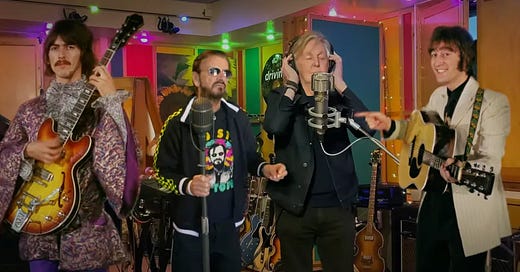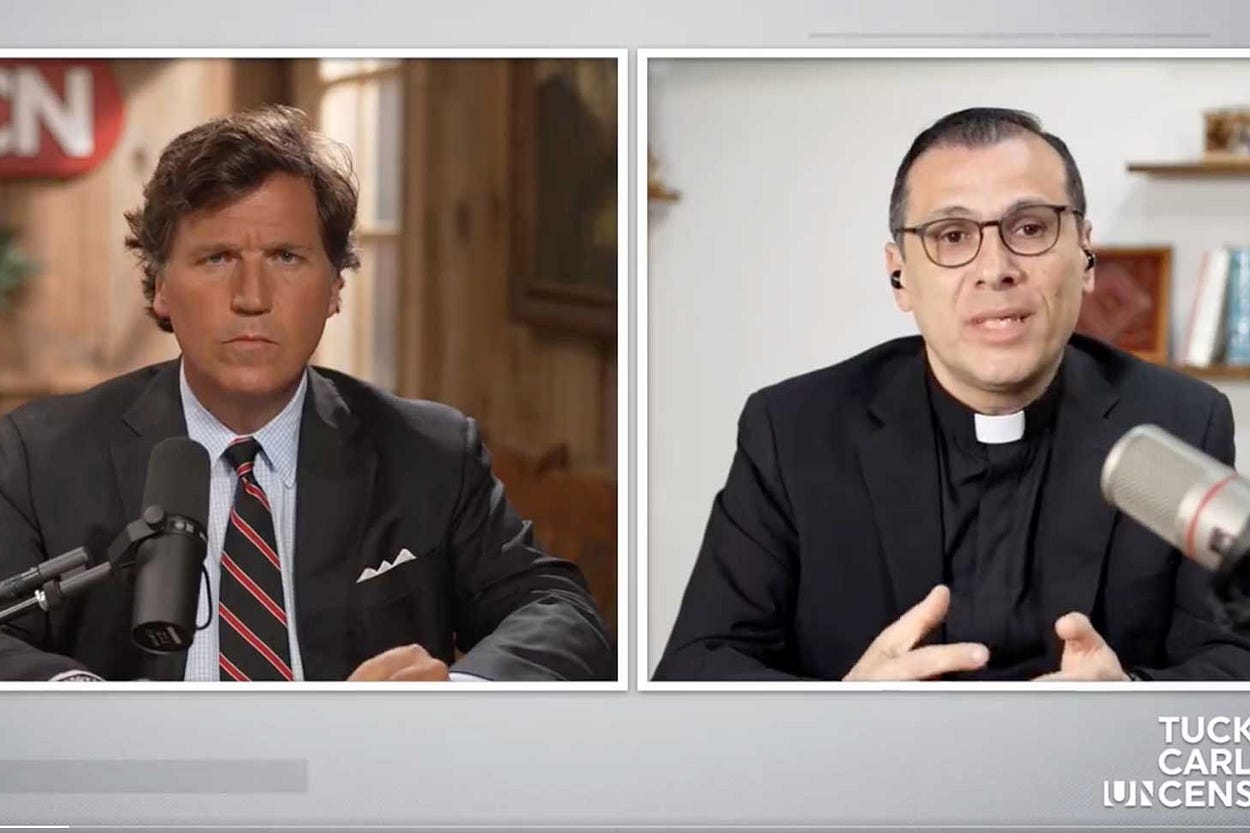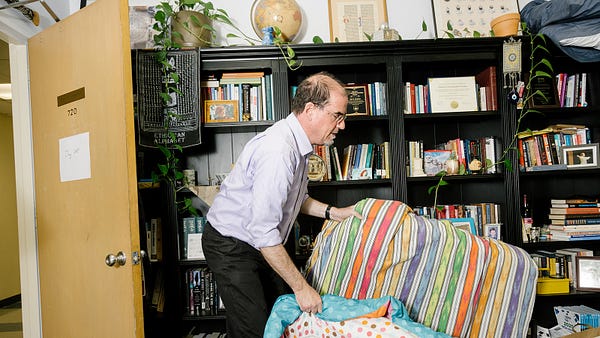
The Free Press

Debates over the promise and peril of technology touch so much right now: from the boardroom drama at OpenAI to teenage mental health to defense and geopolitics. Heavy stuff. And not things we’re going to worry about today.
As you scramble to get your work done, make the piecrust, pack the car, and get to the airport on time ahead of Thanksgiving, we’re changing the pace today with a pair of cultural stories.
First, Andrew Zucker reports on how music industry executives are using powerful new tools to cash in on stars long after their death. From a new Beatles single made possible by AI to never-ending hologram tours of your favorite stars, the future of music is in its past. And some musicians are even getting ahead of their own demise, thinking about their virtual afterlife while they’re still around. “When we’re all gone, there’ll still be AI so you won’t be able to get rid of us,” Mick Jagger has said.
Read Andrew’s story and brace yourself for a very weird future.
There’s a goosebump-inducing thrill in hearing a new Beatles song in 2023, as long as you don’t think too hard about the fact that half the band is dead.
The song, “Now and Then”—which debuted earlier this month at No. 7 on the Billboard 100—is a miracle of modern AI technology, extracting Lennon’s original 1970s demo from previously unusable recordings. Lennon’s voice sounds crisp and current, like he just recorded it yesterday.
But of course he didn’t. He’s been dead since 1980. And even if he weren’t, it’s debatable if the song would’ve sounded anything like the new release. Two of his pre-chorus bridges were cut by Paul McCartney, who had final say because, as previously noted, Lennon is dead.
George Harrison, who’s also dead—he passed away in 2001 from cancer—likely wouldn’t have been all too pleased either. He abandoned the band’s first attempts to record it in the ’90s, telling McCartney that the song was “fuckin’ rubbish.”
But hey, it’s a new Beatles song! Who cares if half of the members either didn’t want it recorded or probably would’ve liked a say in the final mix?
As anyone who follows her on Instagram will know, Britney Spears, 41, is very much alive (and not to be confused with Taylor Swift, Mr. President).
In fact, Britney is back in a big way. Not with new music (AI-generated or otherwise), but with a new memoir. There is a lot to cram into The Woman in Me: she signed a record deal when she was just 15 and has lived a tumultuous life in the limelight ever since.
After becoming an A-list celebrity, Spears then became a cause célèbre, with the #FreeBritney movement protesting her father’s controlling conservatorship, which was eventually terminated in 2021. But, as Ben Appel writes in The Free Press today, The Woman in Me reveals a more complicated truth than many of her fans and champions would like to acknowledge.
For anyone who was alive in 2007, her memoir The Woman in Me is a catharsis. We finally get to read, in Britney Spears’ own words, just what the hell happened all those years ago, when the pop star appeared to have lost her mind.
For the #FreeBritney movement, the autobiography reads like vindication. In the book, Spears credits her die-hard fans specifically for turning the tide of public opinion about the conservatorship, which they framed as a ploy by her conservators—especially by her father, Jamie Spears—to seize total control of the cash cow. In November 2021, five months after Spears delivered a searing, 23-minute-long public testimony detailing the anguish the legal arrangement had caused her, it finally came to an end.
Since then, Spears has stayed out of the limelight, except on Instagram, where she posts videos, often captioned with nonsensical musings, in which she dances barefoot in her living room. In September, a jig she performed with a pair of large kitchen knives launched a thousand memes and left some wondering about Spears’ mental health.
Despite the bizarre videos, the narrative persists that Spears is just fine, she was always just fine, and her family and the state of California should never be forgiven for stripping her of her freedom for 13 years. But as Spears herself writes of that time in the early aughts: “I know now that I was displaying just about every symptom of perinatal depression: sadness, anxiety, fatigue.”
In other words, it probably was mental illness.
What’s the AI-enabled musical collaboration of your dreams? How about your nightmares? Let us know in the comments.
Become a Free Press subscriber today:

















If I had known my image could be manipulated and sold after death I would protected it. I don’t want my heirs making money off me dancing w a mop . I would never have signed a contract to sell mop and glow . Sincerely, Bing Crosby
All boomer rock.ai